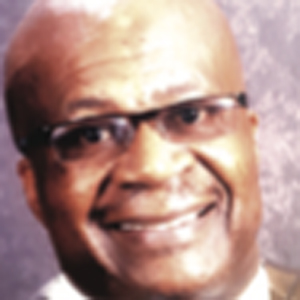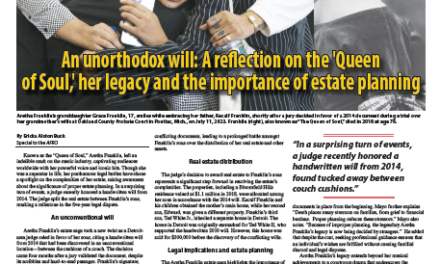Background Scripture: Acts 15:1-21
Lesson Context: The Jerusalem Council. The events of Acts 15:4-29 depict a meeting sometimes called the “Jerusalem Council.” The Jerusalem Council is a council described in Acts chapter 15 of the Acts of the Apostles, allegedly meeting in Jerusalem around c.48-50 AD. The council decided that Jewish converts were not obligated to keep most of the rules prescribed to the Jews in the Mosaic Law, more specifically dietary restrictions, and circumcision. The council was an early attempt to answer the vital questions of how to incorporate Gentiles into the people of God. The church’s future depended upon how the council answered this question.
Conflict Described (Acts 15:1-3).
A. The Belief (vv. 1-2a).
1. “And certain men which came down from Judea taught the brethren, and said, Except ye be circumcised after the manner of Moses, ye cannot be saved.”
These Christians were from Judea and were not content to keep their beliefs to themselves, but felt compelled to persuade other Christians. They taught the brethren coming all the way to Antioch. By their teaching, these certain men from Judea made a negative judgment on all of Paul and Barnabas missionary endeavors. On their recent missionary journey, they founded churches among the Gentiles without bringing them under the Law of Moses. These certain men from Judea said Paul and Barnabas were all wrong in doing this.
2a. “When therefore Paul and Barnabas had no small dissension and disputation with them.” In this, Paul and Barnabas showed the hearts of true shepherds: To confront and dispute with those who insist on promoting false doctrines. When persuasion did not end the issue, Paul and Barnabas went to Jerusalem to have the matter settled by the apostles and elders. They couldn’t just agree to disagree on this issue, because it was at the core of what meant to be a follower of Jesus.
B. The Parties (vv. 2b-3).
2b. “They determined that Paul and Silas, and certain other of them, should go up to Jerusalem unto the apostles and elders about this question.” The decision to send Paul and Barnabas and a certain other of them reflects the respect held for the leaders in Jerusalem. Until this question of circumcision was answered , the believers in Antioch would withhold judgment.
3. “And being brought on their way by the church, they passed through Phenice and Samaria, declaring the conversion of the Gentiles: and they caused great joy unto all the brethren.” As Paul and Barnabas went to Jerusalem, they found plenty of other Christians who rejoiced at what God did among the Gentiles. This was in contrast to the men from Judea.
Conflict Resolved (Acts 15:7-11).
A. God’s Work (vv. 7-9).
7a. “And when there had been much disputing, Peter rose up and said unto them.” These leaders came together to decide the issue. They didn’t just let the issue sit, nor leave it up to the conscience of each believer. The matter was too important for that. The question raised by the Jerusalem Council was immense. Are Christians made right with God by faith alone, or by a combination of faith and obedience of the Law of Moses? Is the work of Jesus by itself enough to save the one who trusts in Jesus, or must we add our work to Jesus in order to be made right with God?
And when there had been much dispute: Peter, as one of the apostles, rose p and said unto them: Peter showed how the heart is purified by faith, not by keeping of the law. If they were purified by faith, then there was no need to be purified by submitting to ceremonies found in the Law of Moses. Christians are not only saved by faith; they are also purified by faith.
7b. “Men and brethren, ye know how that a good while ago, God made choice among us, that the Gentiles by my mouth should hear the word of the gospel and believe.” God had chosen Peter to proclaim the gospel message to “the circumcision” (Jews; Galatians 2:7-8) and the Gentiles. It was part of the long-promised plan of God to offer redemption to all people who would believe.
References: David Guzik: Study of Acts of the Apostles, Standard Lesson Commentary, KJV September 2023- August 2024, International Sunday School Lessons










